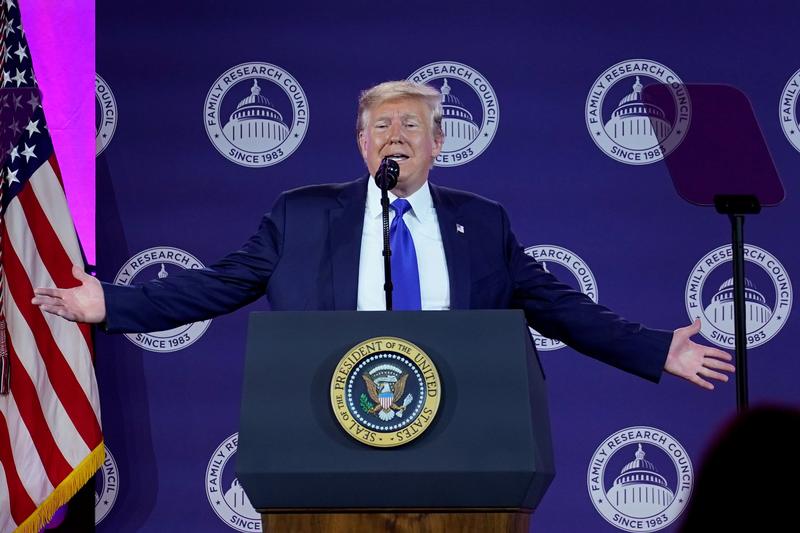White House refuses to support Armenian Genocide resolution adopted by US Congress
The administration of US President Donald Trump has rejected the Senate’s resolution to recognise the Armenian Genocide in the Ottoman Empire in 1915.
Resolution 150 was passed on December 12 by the US Senate, several weeks after the resolution was passed by the House of Representatives.
After a five-day silence, the State Department said that “the position of the US administration remains unchanged” and that the historical events of 1915 will continue to be considered precisely as “mass killings.”
The reaction in Armenia has been tempered: both officials and experts see no reason for concern, noting the recognition of genocide is a long process, and that achievements towards this end have already been made this year.
• Op-ed: US Senate resolution on Armenian genocide will not become law
• New, disputed Armenian Patriarch of Istanbul slams US Senate recognition of Armenian Genocide
The Armenian Genocide refers to the massacre of Armenians in Ottoman Turkey in between 1915–1922. Before that, about two and a half million Armenians lived on the territory of the Ottoman Empire. As a result of the killings and mass deportation, more than half of them died.
The tragic events in the Ottoman Empire at the beginning of the last century have been recognized as genocide and condemned by influential international organizations, including the Council of Europe, the European Parliament, the World Council of Churches and most countries of the EU, Argentina, Russia, Uruguay, Lebanon and others.
Turkey categorically denies that what took place was a genocide.
Great massacre or genocide?
State Department spokeswoman Morgan Ortagus said on December 17:
“The position of the [US] administration has not changed. Our views are reflected in the president’s decisive statement on this topic in April.”
April 24 is the Day of Remembrance of the Victims of the Armenian Genocide. Every year, Armenians await the speech of the US president, expecting the word ‘genocide’ to be pronounced; this has yet to happen.
In April 2019, US President Trump called the events of 1915-1922 “one of the worst mass atrocities of the twentieth century.” He used, like his predecessor George W. Bush, the Armenian words “Mets eghern” [Great Massacre], but avoided the word “genocide”.
Reactions in Armenia – cool heads prevail
National Assembly Foreign Relations Chairman Ruben Rubinyan said “first of all, it should be noted that both houses of the US Congress recognised and condemned the Armenian Genocide.”
“Of course, it would be nice if the US Department of State immediately changed its position and brought it into line with the position of Congress … But I think we should take into account the fact that the recognition and condemnation of the Armenian Genocide was a long process. We must look at how many years have passed in the case of the Congress itself until we received this recognition.”
Commentary
Political scientist Suren Sargsyan
on his Facebook page wrote:
“Trump is the only president in the last 30 years who has promised nothing to the Armenians, and therefore who has not tricked them. He did not talk about genocide at all after the two resolutions of Congress. The US Embassy in Turkey said that the position of the administration has not changed as a result of the adoption of resolutions. The position of a single administration has not changed over the past 40 years.
“In the House of Representatives, he not only did not interfere, but supported the adoption of the resolution. At the request of the White House, a total of three vetos was imposed, but temporarily. The first time this was done, since Erdogan was still in Washington [ed. when Trump and Erdogan met in November], the next two times because they tried to agree with the Turks on a certain topic, but this did not succeed.”





















